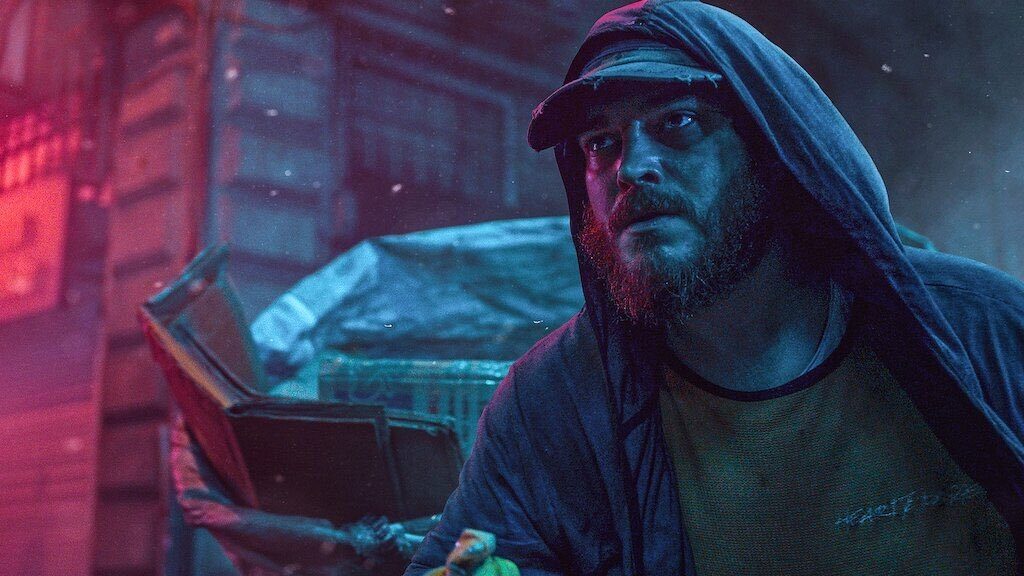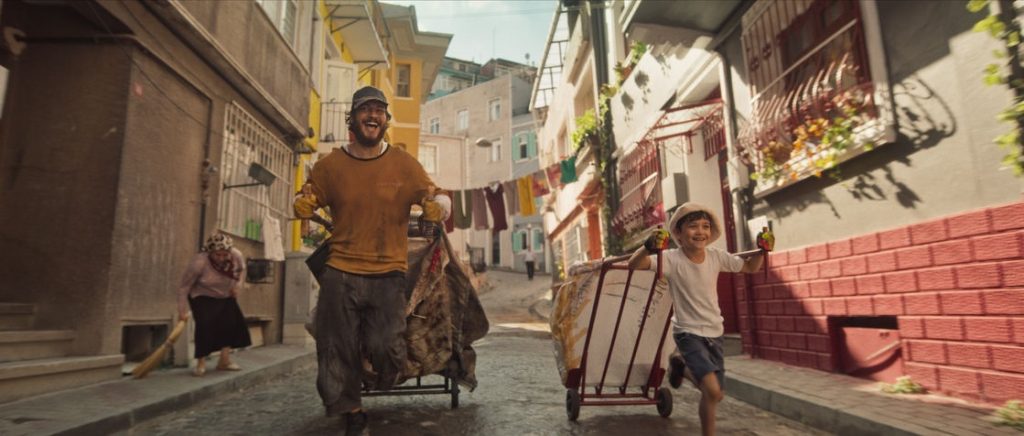Among heaps of colourless films on Netflix, Paper Lives (‘Kağıttan Hayatlar’) stands a lustrous tree topper awaiting to be watched. Paper Lives unquestionably swings in as one of the finest Turkish films to be released in the past two years.
Director Can Ulkay and writer Ercan Mehmet Erdem unveil a reality through the eyes of a man trying to cope with his childhood trauma, and a perspective on the psychological and emotional suffering homeless orphans are burdened with. With Çağatay Ulusoy as its lead, this is an impactful drama that lays bare the joy and unfairness of life.
A quick warning; the film includes disturbing scenes and commentary about child abuse, suicide, blood and death.
Mehmet (Çağatay Ulusoy) is an ailing waste paper collector who is the leader of a group of homeless orphans working on the streets of İstanbul. Most of the children’s earnings are stashed for Mehmet’s kidney transplant surgery.
In the midst of his health getting worse, Mehmet decides to find his mother. However, upon finding a little boy, Ali (Emir Ali Doğrul), in one of the garbage bags, he starts neglecting his plans and critical condition. Mehmet forms an instant brotherly attachment and sympathises with Ali’s circumstances at home.
Three major themes the film drills into our heads are connected by virtue of a domino effect, starting with the yearning a child has for a mother’s love.
All the orphaned characters in this film hold on to the traditionalised belief that a mother’s love is unconditional. Throughout the film we question the veracity of this belief that puts mothers on such a high pedestal. What follows is childhood trauma when the innate need for a mother’s love, which truly defies all else, is unmet.

Mehmet puts everything aside to give Ali the parental love and care he never had growing up. In a way, trying to heal his own inner child by helping Ali to safely reunite with his mother. Orphans in the film even express their wish to die, so they can be with their mothers.
Lastly, the coping mechanisms one creates to protect themselves from the misfortunes of reality. Mehmet’s confidant Gonzales (Ersin Arıcı) having a tattoo of his parents he’s never even seen is a small example compared to the key revelation at the end of the film.
It’s definitely captivating enough that you’ll want to watch it a second time, if only to appreciate how well reality and illusion are laced together. Overall, it’s a tearjerker, and a Turkish film that makes you tear up never disappoints.




